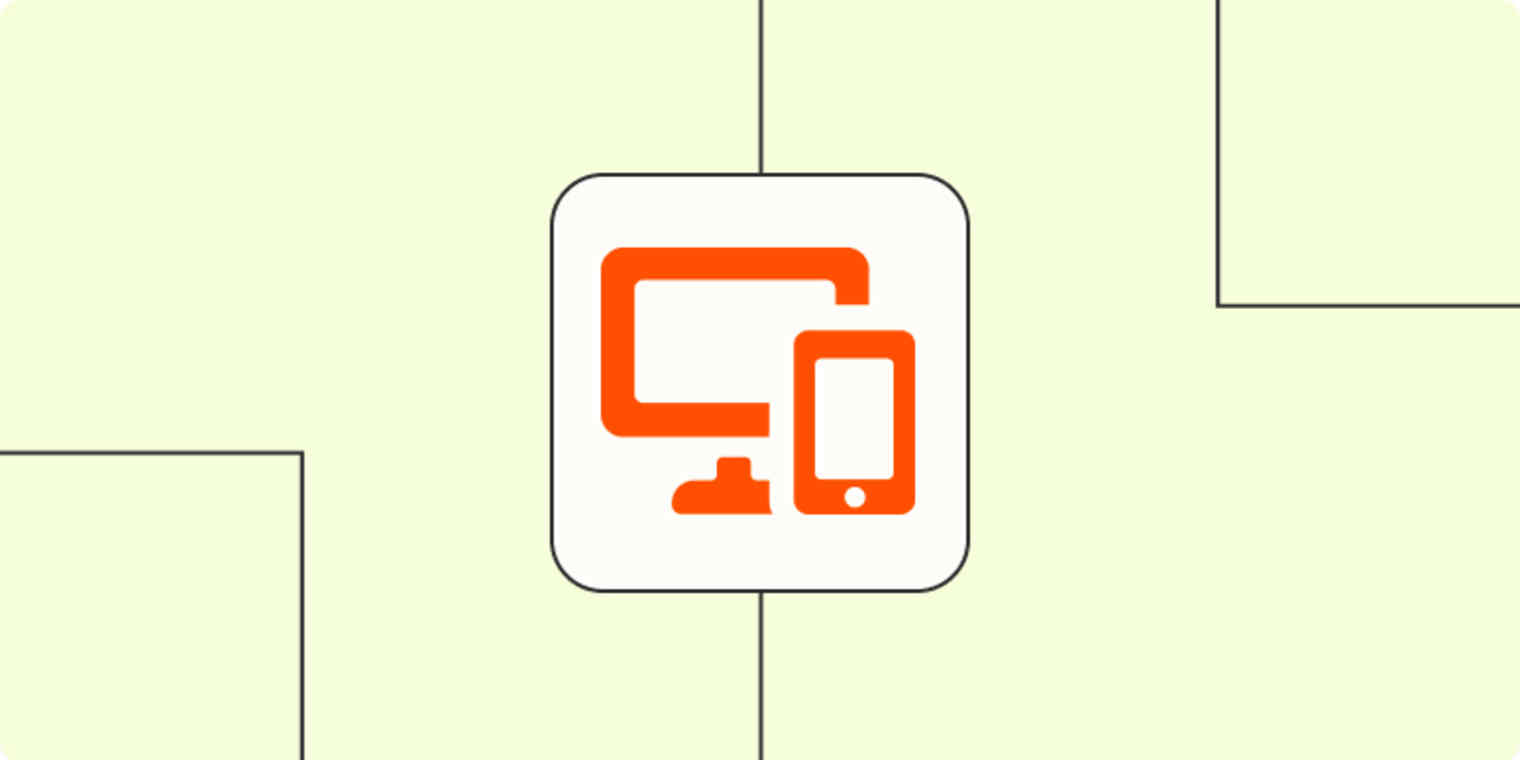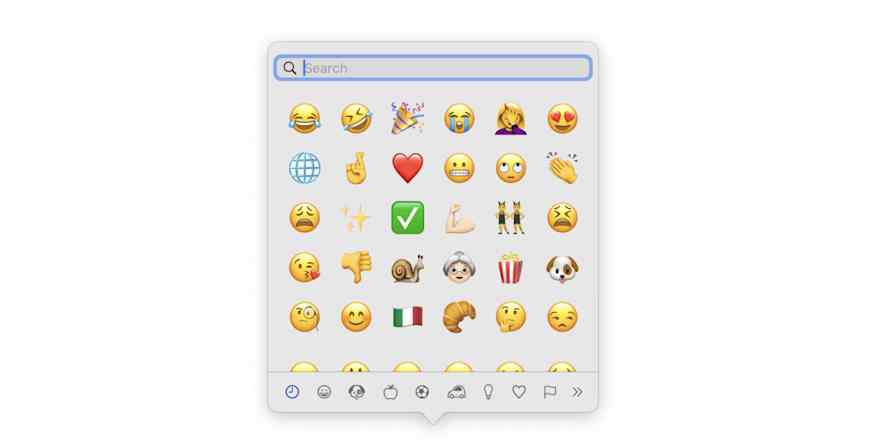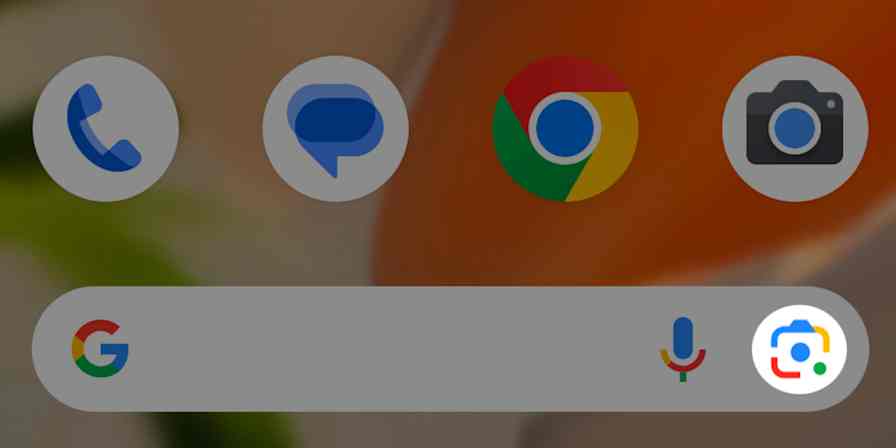App tips
4 min readHow to text from a computer (on Mac and Windows)
By Jessica Lau · June 26, 2024

Get productivity tips delivered straight to your inbox
We’ll email you 1-3 times per week—and never share your information.
Related articles
Improve your productivity automatically. Use Zapier to get your apps working together.









